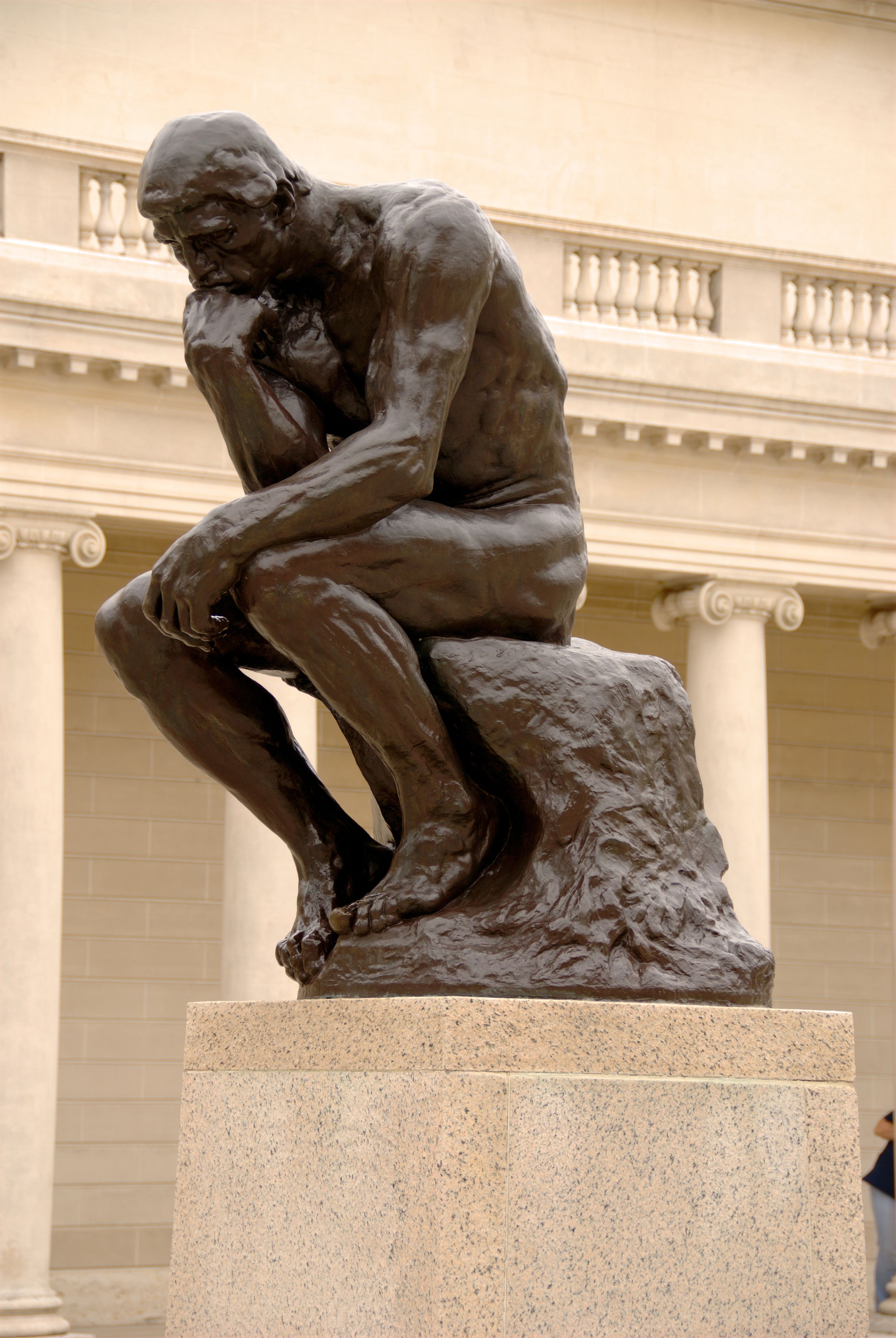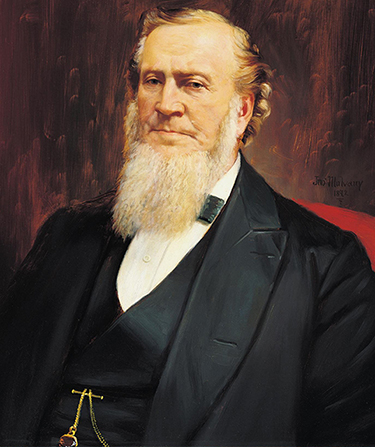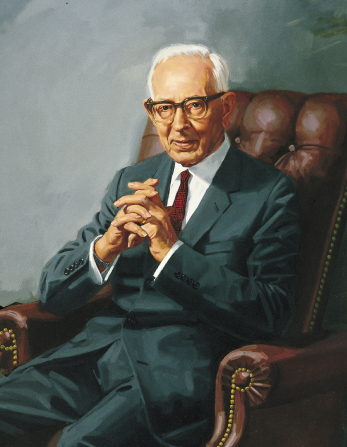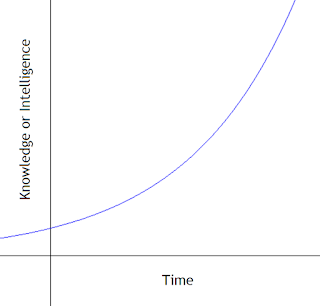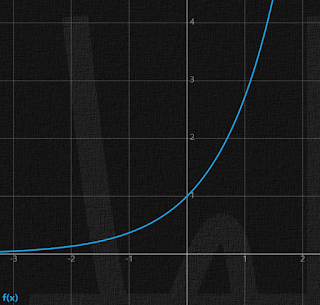In my office is a beautiful painting of a wheat field. The painting is a vast collection of individual brushstrokes—none of which in isolation is very interesting or impressive. In fact, if you stand close to the canvas, all you can see is a mass of seemingly unrelated and unattractive streaks of yellow and gold and brown paint. However, as you gradually move away from the canvas, all of the individual brushstrokes combine together and produce a magnificent landscape of a wheat field. Many ordinary, individual brushstrokes work together to create a captivating and beautiful painting.I've seen many who wonder if doing the little things like going to church, reading your scriptures, and saying your prayers can really have a significant impact on seemingly unrelated areas of your life. I have been there myself. Maybe you go to church week after week and feel like you don't get much out of it. Maybe you are struggling to decide whether to pay tithing or make a rent payment and are wondering if God will really pour you down a blessing from heaven so great that there will not be room enough to receive it. (See Malachi 3:10, KJV Holy Bible.) Maybe you feel like your schedule is packed, and you don't know if scripture study is really important enough to make time for. These feelings likely stem from the philosophy that unless we know how results are supposed to stem from the causes, the results probably won't come from the causes. Those of the world frequently preach this false doctrine. They say things such as:
Each family prayer, each episode of family scripture study, and each family home evening is a brushstroke on the canvas of our souls. No one event may appear to be very impressive or memorable. But just as the yellow and gold and brown strokes of paint complement each other and produce an impressive masterpiece, so our consistency in doing seemingly small things can lead to significant spiritual results. “Wherefore, be not weary in well-doing, for ye are laying the foundation of a great work. And out of small things proceedeth that which is great” (D&C 64:33) (More Diligent and Concerned at Home, October 2009 General Conference).
In our scientific age, we must move past believing that something will happen just because the Bible says so. We must let go of these silly fantasies along with Zeus and all other mythologies of ages past. These ideas were for primitive, uneducated people who let their imaginations guide their beliefs.Honestly, I find such claims to be ridiculous. A scientific view alone will not lead one to reject revealed religion. Rather, it is an atheistic or agnostic world view that will lead one to reject God's teachings. Let me say this again: By itself, scientific data will not lead ANYONE to stop believing in God. So many of the world's leading scientists and mathematicians have been, are, and will continue to be Christians. Unfortunately, many people fall for this doctrine of the Devil. Satan's lie that we must see it to believe it has led far too many good-hearted people to set aside all of the commandments that they don't understand the importance of. My heart weeps for such people, and I hope that they will repent, come unto Christ, and be perfected by His grace.
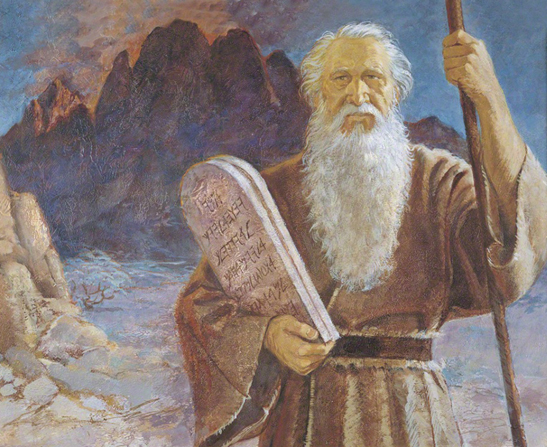
In reality, even the littlest commandments can lead to blessings so great that we cannot even begin to comprehend them. In Alma 37, Alma gives the plates of brass and the plates of Nephi to his son Helaman and commands him to protect them at all costs. Towards the beginning of his counsel to his son Helaman, Alma says:
Behold, it has been prophesied by our fathers, that [the plates of brass and the plates of Nephi] should be kept and handed down from one generation to another, and be kept and preserved by the hand of the Lord until they should go forth unto every nation, kindred, tongue, and people, that they shall know of the mysteries contained thereon.Notice how interesting these promises were. Helaman was given a very small and simple commandment. He was told to keep the records until he got old and then to give them to one of his sons. He was promised that, if he did this, the metal plates would not corrode or oxidize over time, and every family in the world would have the opportunity to read them. Someone who did not have faith in the power of God would probably be thinking that Alma was crazy if he or she had been in Helaman's place. After all, corrosion and oxidation are natural chemical processes. Furthermore, at the time of the Nephites, only a select few people ever got to read the scriptures (or any books for that matter). The claim that every family on the earth would have the opportunity to read the book would have seemed ludicrous at the time. It is no wonder why Alma said, "ye may suppose that this is foolishness in me".
And now behold, if they are kept they must retain their brightness; yea, and they will retain their brightness; yea, and also shall all the plates which do contain that which is holy writ.
Now ye may suppose that this is foolishness in me; but behold I say unto you, that by small and simple things are great things brought to pass; and small means in many instances doth confound the wise.
And the Lord God doth work by means to bring about his great and eternal purposes; and by very small means the Lord doth confound the wise and bringeth about the salvation of many souls (Alma 37:4-7, Book of Mormon).
After promising incredible and seemingly unrelated promises for keeping a small and simple commandment, Alma taught Helaman a profound eternal truth:
By small and simple things are great things brought to pass; and small means in many instances doth confound the wise. And the Lord God doth work by means to bring about his great and eternal purposes; and by very small means the Lord doth confound the wise and bringeth about the salvation of many souls.We now see the fulfillment of Alma's marvelous promises. The plates were preserved, Joseph Smith translated them by the gift and power of God into the Book of Mormon: Another Testament of Jesus Christ, and the Book of Mormon is now available online at LDS.org to be read by people all over the world in their native language. A great thing was brought to pass, this great miracle does confound the wise, and the Book of Mormon has brought to pass the salvation of many souls.
The Apostle Paul taught, "Eye hath not seen, nor ear heard, neither have entered into the heart of man, the things which God hath prepared for them that love him (1 Corinthians 2:9, KJV Holy Bible)." Jesus taught, "If ye love me, keep my commandments (John 14:15, KJV Holy Bible)." How is it that keeping small commandments can lead to blessings greater than anything you have ever witnessed and more marvelous than anything you have ever imagined? (See footnote 1.)
We can better understand this by turning to the work of the famous meteorologist/mathematician Edward Lorenz who founded a new branch of mathematics called "chaos theory". Most meteorologists of his day held the view that it was possible to accurately predict the weather into the future if you knew most of the large-scale weather patterns at the present moment. They applied this view to their statistical weather models. One day in 1961, Edward Lorenz was running weather forecasts on a computer. He noticed that when he entered 0.506 for one of the values, he got a completely different result than when he entered 0.506127. Edward quickly became skeptical of the common notion that little causes should have little effects.
In 1963, Edward published a paper in which he mathematically proved that even the slightest difference in initial conditions can lead to enormous differences in the future weather patterns. (See footnote 2.) In later speeches, he explained his paper's results by explaining that he had proved that a butterfly flapping its wings on one side of the world can cause a tornado to occur on the other side of the world. This is why many people now refer to his work as the "butterfly effect".
Edward Lorenz' completely unexpected results were groundbreaking. He crushed one of the false philosophies of men and proved the doctrine taught by Alma and Paul that small and simple things can and do bring great things to pass and confound the wise.
We, as mortals, have a finite understanding of the world. Because of the butterfly effect, it is impossible for us to accurately predict how our actions may shape our future. A lot of the time, we can get a good idea of how some of our actions may affect us. However, even in those circumstances, we can't know for sure how our future will play out (without the help of God, of course). However, there is One who notices even the sparrows when they fall. God has an infinite understanding of this universe. He knows and controls the motion of every atom, He hears all of your prayers, He weeps with you when you suffer, and He rejoices when you do what is right. He can and does know what will happen to you if you choose to follow His commandments. With Him on your side, you can't go wrong. In Matthew 10 we read:
Are not two sparrows sold for a farthing? and one of them shall not fall on the ground without your Father. But the very hairs of your head are all numbered. Fear ye not therefore, ye are of more value than many sparrows (Matthew 10:29-31, KJV Holy Bible).In 2 Nephi, we read that God "doeth not anything save it be for the benefit of the world; for he loveth the world, even that he layeth down his own life that he may draw all men unto him. Wherefore, he commandeth none that they shall not partake of his salvation (2 Nephi 26:24, Book of Mormon)." We can thus be assured that God will not give you any commandment unless it will bless you. So, next time you are wondering whether you should keep going to church, make time to read your scriptures and say heartfelt prayers every day, pay your tithing, et cetera, remember that greater blessings than you can even begin to imagine will come to you from doing so. I testify of these things in the name of Jesus Christ. Amen.
Footnote 1: When Paul said "neither have entered into the heart of man" in 1 Corinthians 2:9, he was most likely meaning that no mortal can even imagine something so great. We can come this conclusion when this scripture is combined with a knowledge of the Semitic anatomical understanding. The Hebrews (Israelites) thought that the heart performed the functions that we now understand to be performed by the brain. They thought that the heart is the place that ideas come from.
Footnote 2: Edward N. Lorenz (1963). "Deterministic Nonperiodic Flow". Journal of the Atmospheric Sciences. 20 (2): 130–141


